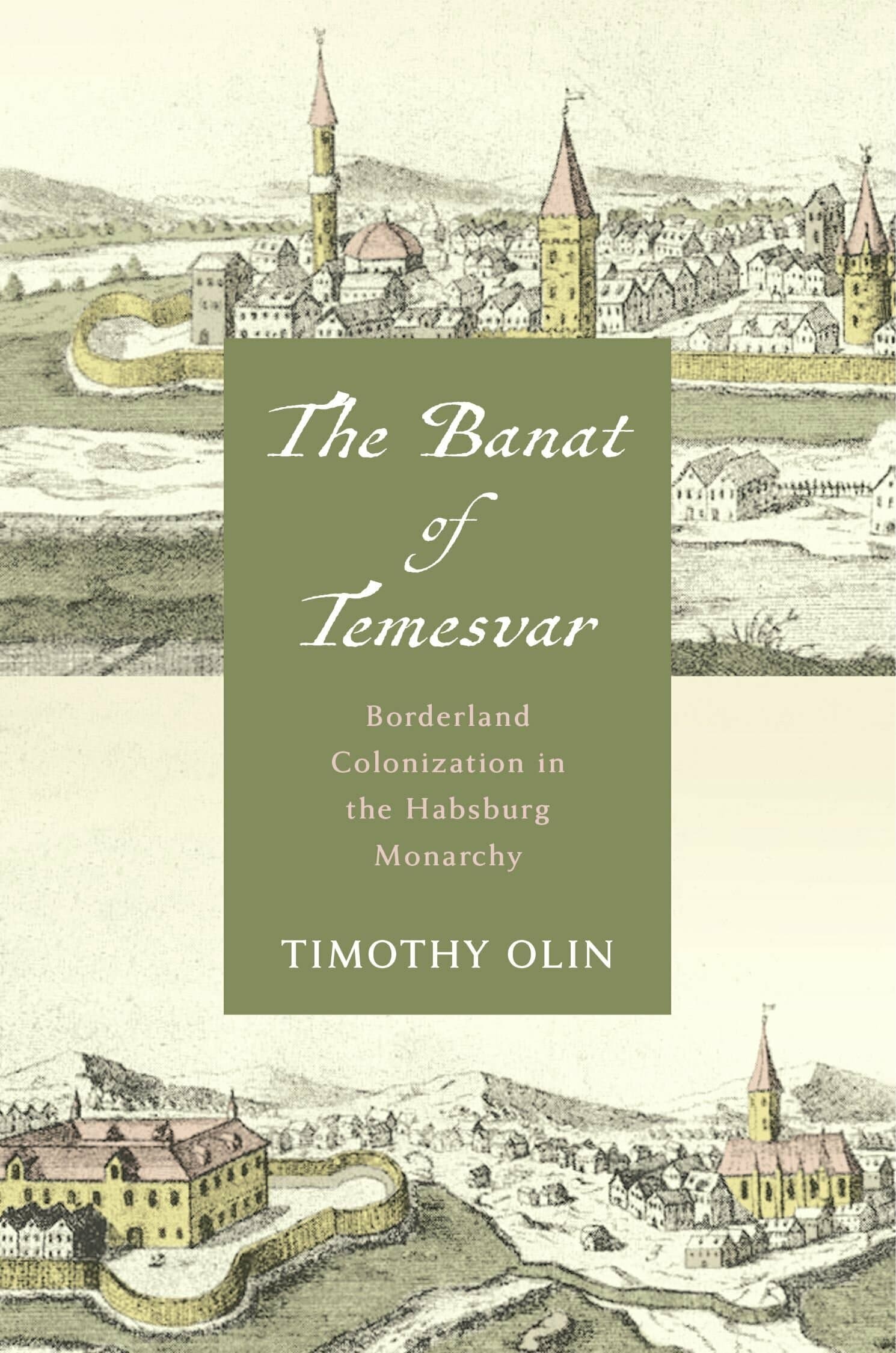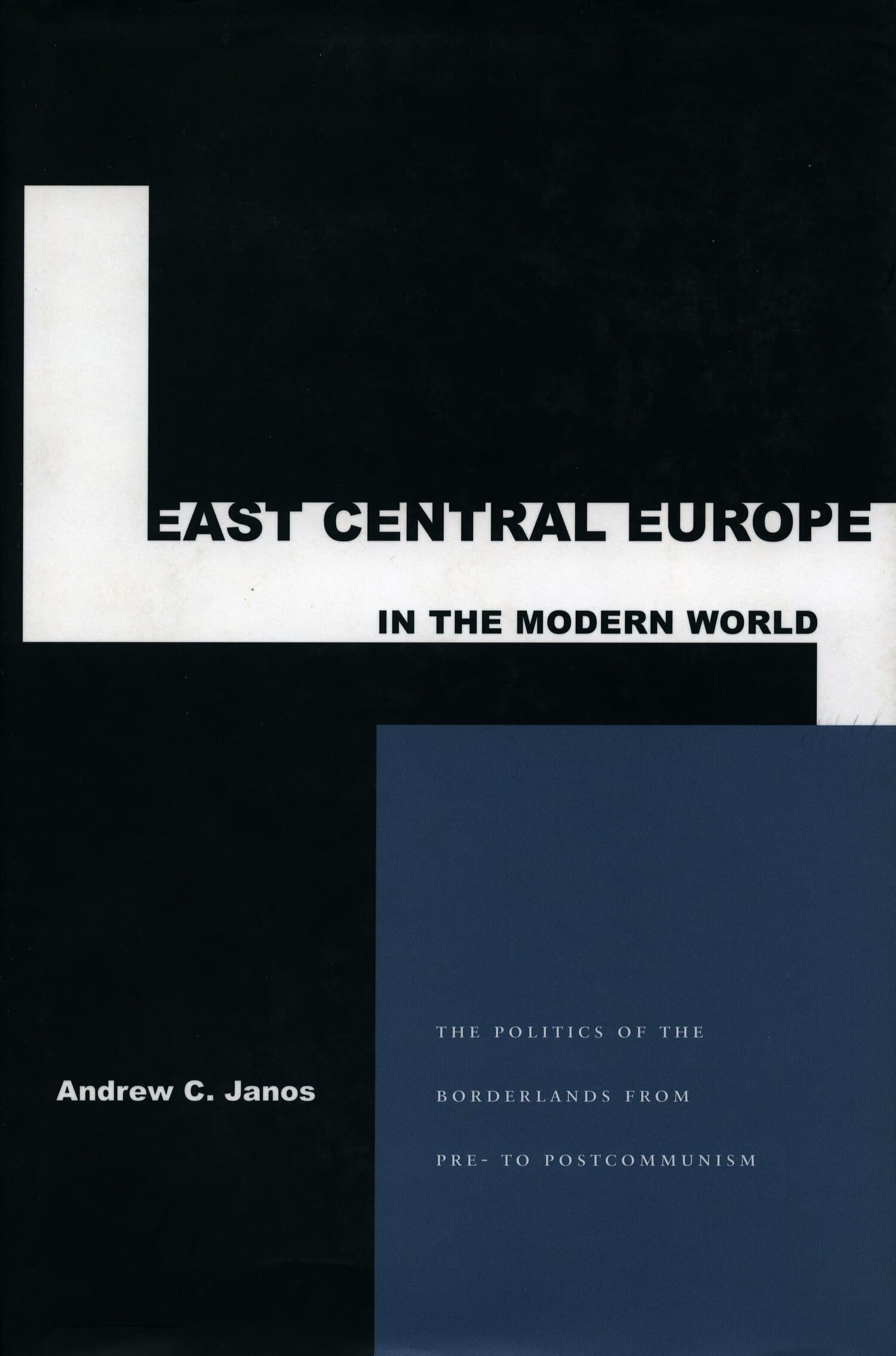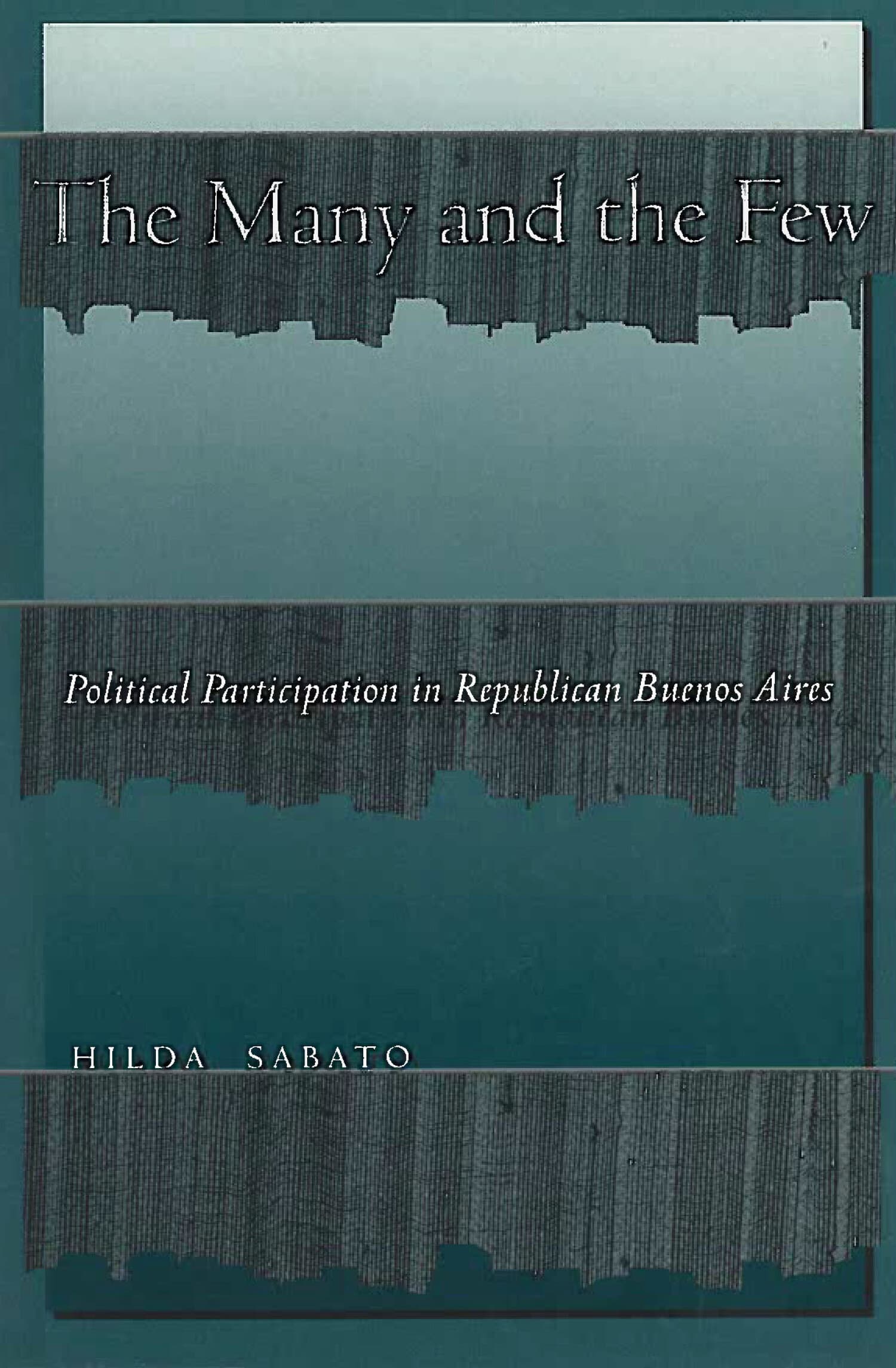The Banat of Temesvar

This book explores the establishment and development of a multi-ethnic frontier society on the Habsburg–Ottoman border, in the historic region of the Banat (today divided between Romania, Serbia, and Hungary). After it passed from Ottoman to Habsburg control in the early eighteenth century, the Habsburgs sought to settle the region with Western and Central European migrants, mainly though not exclusively German-speakers from the Holy Roman Empire. Historian Timothy Olin argues that this policy led to destabilizing demographic changes and laid the foundations for the ethno-religious tensions that characterized the region through the twentieth century and beyond.
Imperial authorities used colonists as a means to ensure the loyalty and stability of the province and to prevent Hungarian–Ottoman collusion. Their settlement, beginning in the 1710s and lasting until the 1820s, led to government-sponsored displacement and resettlement of many local villages. In the process of narrating the history of the region, Olin argues that the land empires of Europe engaged in forms of settlement that fit the larger patterns of colonial rule in other parts of Europe and the world, and demonstrates that the movement of settlers and the culture they brought with them began a process of Europeanization in the borderlands of the continent and helped solidify Europe's boundaries.
—Rita Krueger, Temple University
"Timothy Olin masterfully recalls a forgotten Habsburg borderland in the eighteenth and nineteenth centuries as waves of German settlers poured into the frontier region of the Banat. Drawing on archives of Austria, Hungary, Romania, and Serbia, this book examines the nature, scope, and transformation of the monarchy's great colonial experiment."
—Howard Louthan, University of Minnesota
"A meticulously researched book that shines new light on an overshadowed corner of Habsburg Central Europe and clears up century-long misconceptions. The Banat of Temesvar will shape how we think about colonial policies in Europe for years to come."
—John Deak, University of Notre Dame
"Timothy Olin's book brings to life the motivations, challenges, difficulties—and occasional successes—of individuals, religious and linguistic communities, and state authorities in the Banat region. It presents a sensitive, sophisticated narrative and makes for a fascinating, compelling read."
—Jonathan Kwan, University of Nottingham
"The Banat of Temesvar may seem like a standard microhistory at first glance, but it far exceeds that expectation. This work elucidates a variety of crucial points related to Austrian history, with broader applications to the concept of borderlands, the rise of nationalism, the development of Orientalism, European colonial and imperialist movements, and even the later Balkanization process."
—Benjamin Esswein, History: Reviews of New Books




